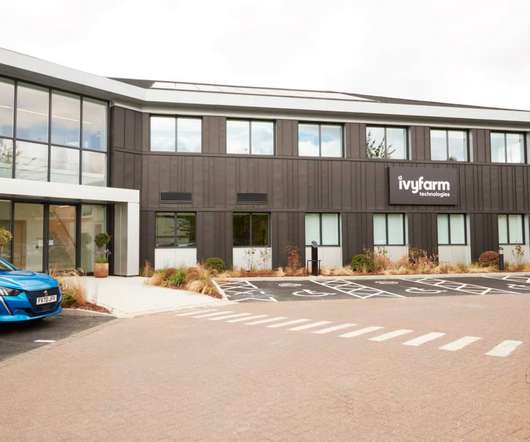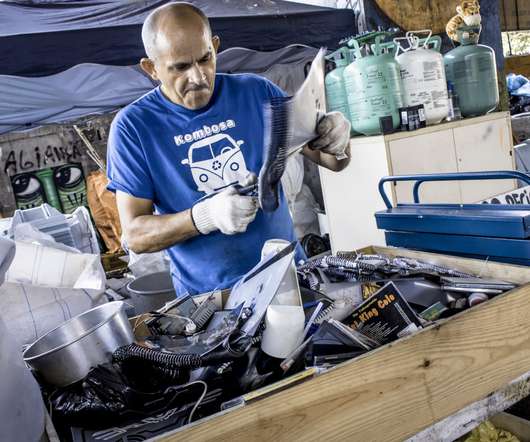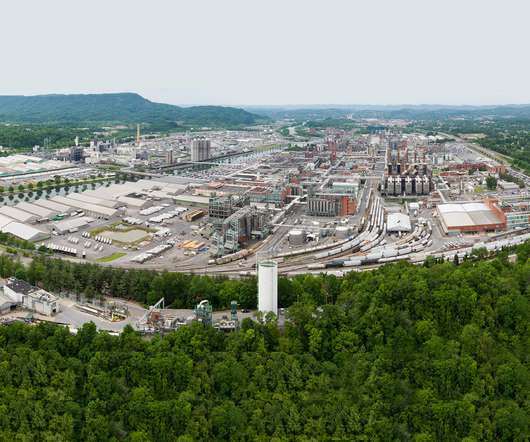UK’s Ivy Farm opens the “largest cultivated meat pilot plant” in Europe
AFN Sustainable Protein
AUGUST 31, 2022
The food-tech startup, which has raised over $30 million, is on a mission to create “real, guilt-free meat” to tackle one of the world’s biggest climate polluters – industrial agriculture – and to help the world reach its net zero goals.
















Let's personalize your content